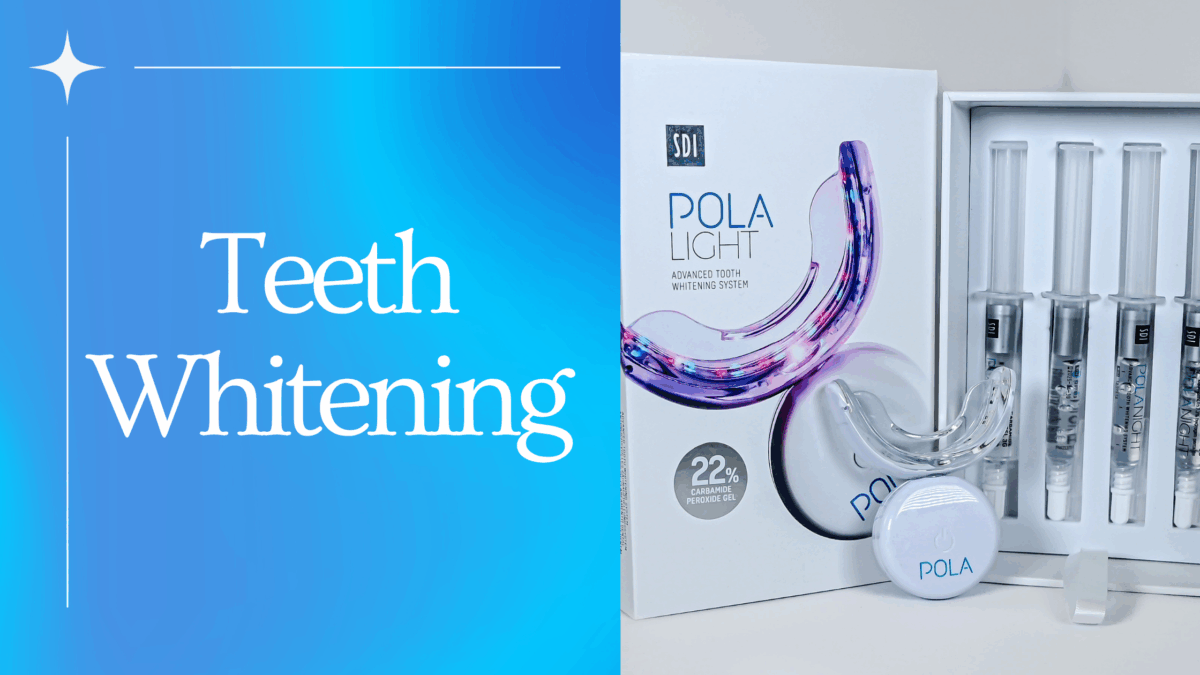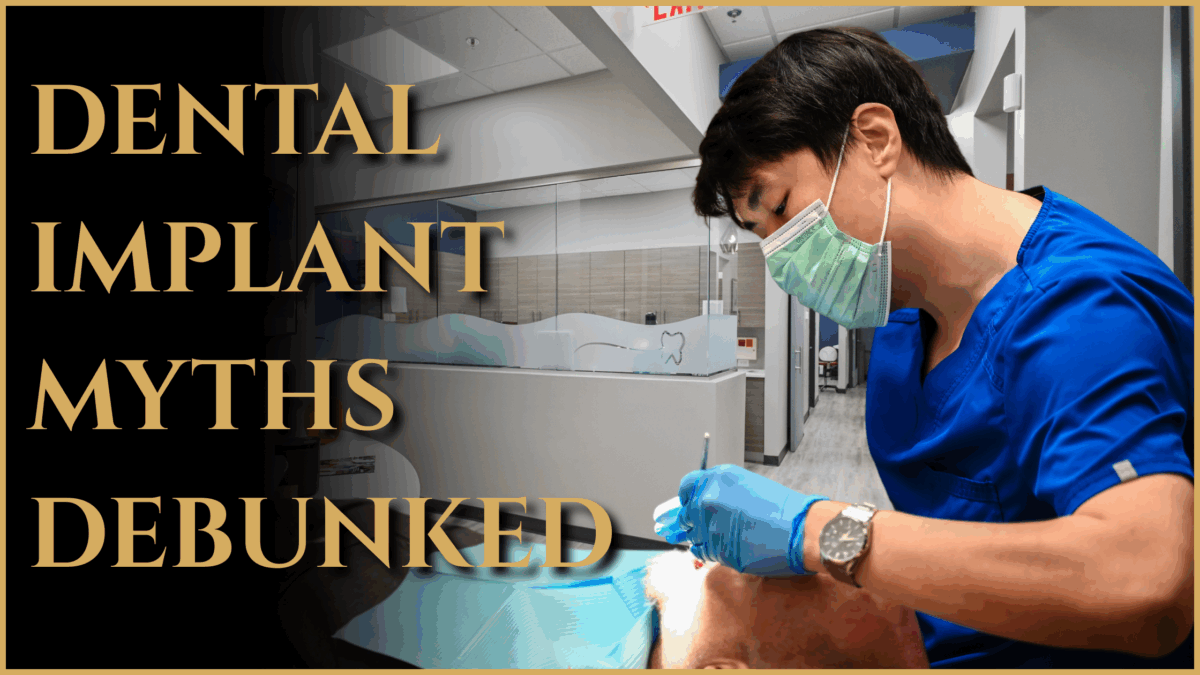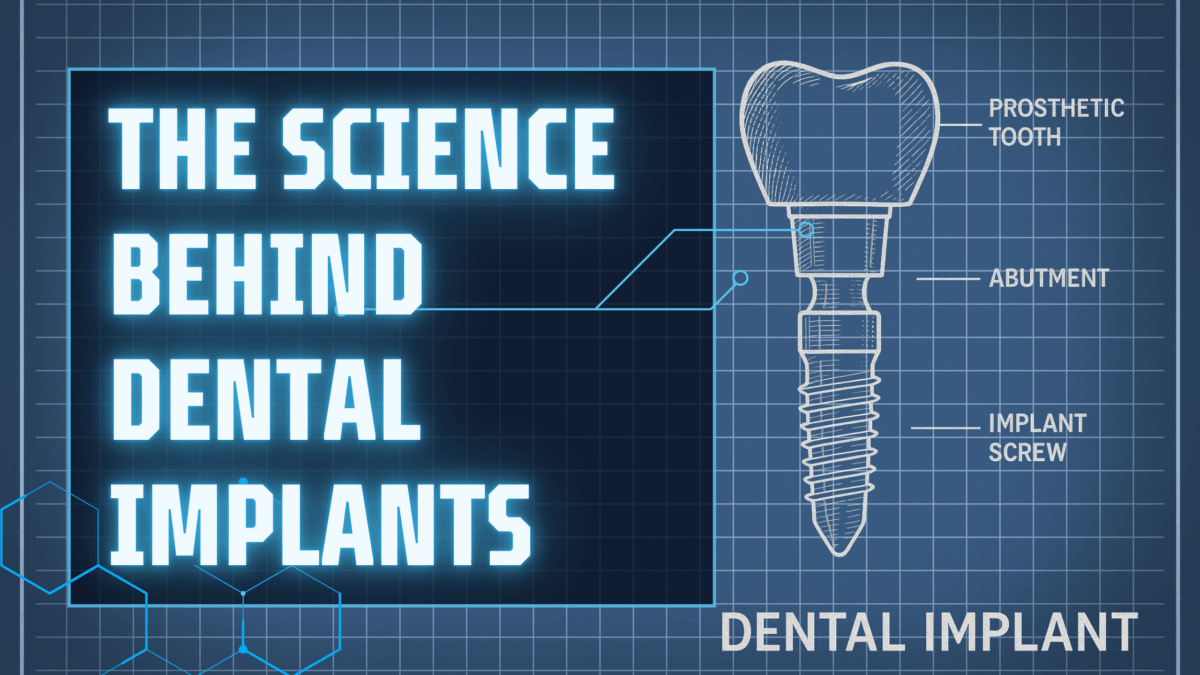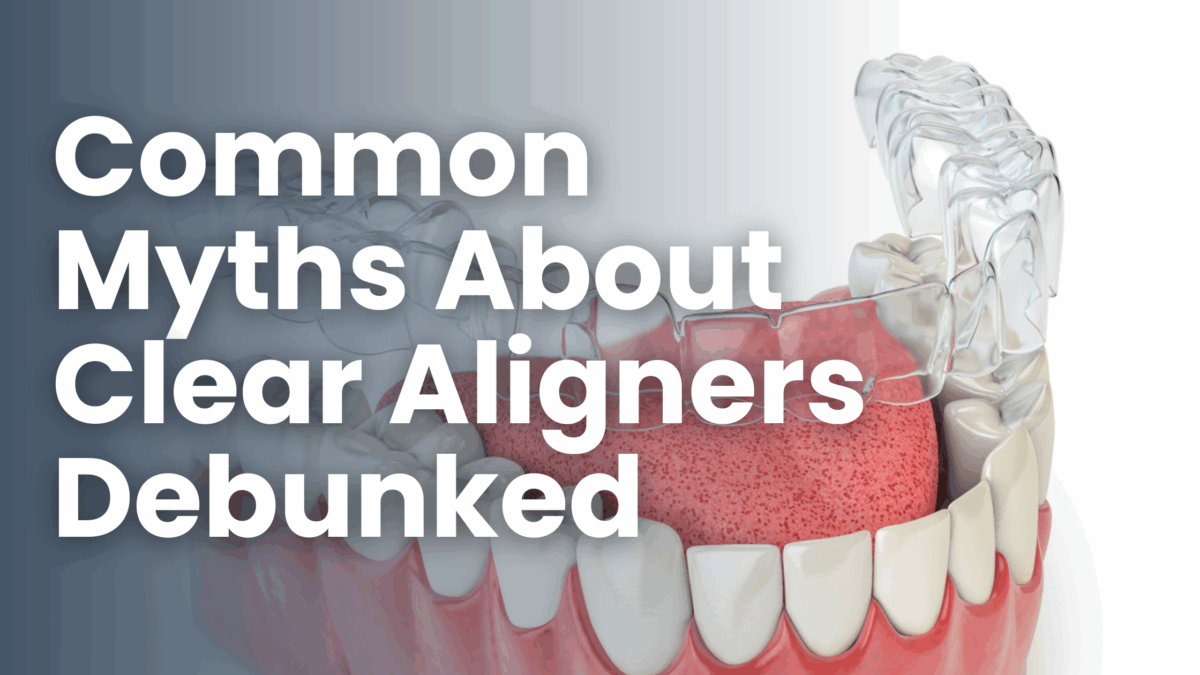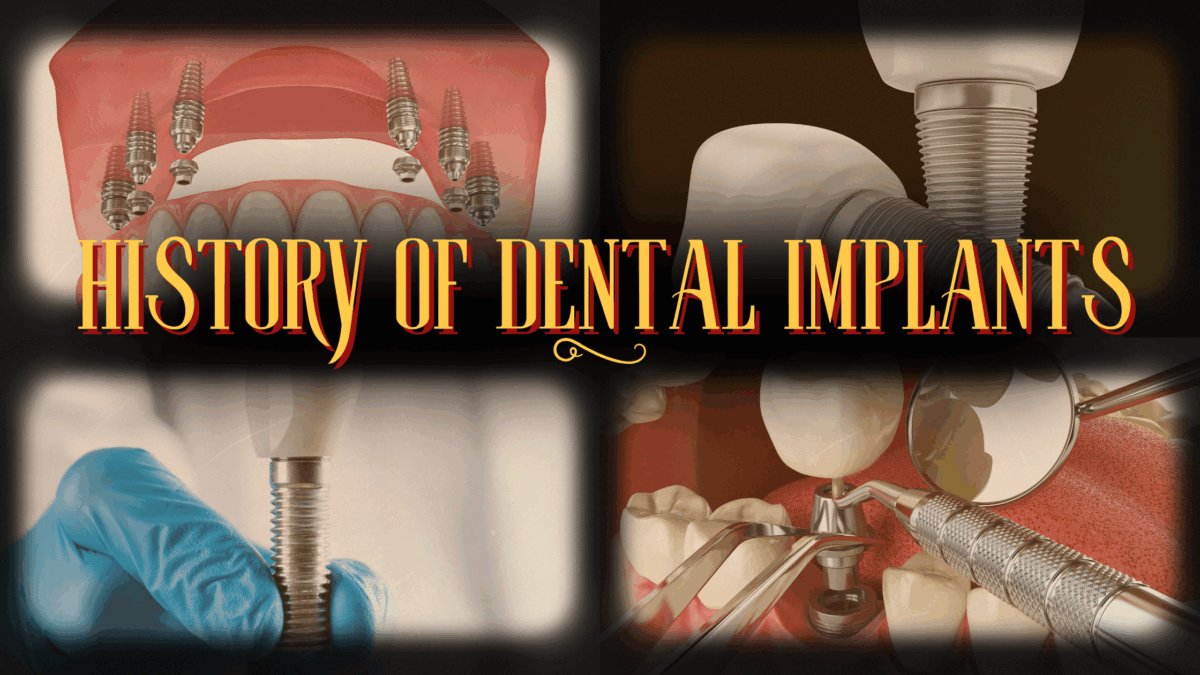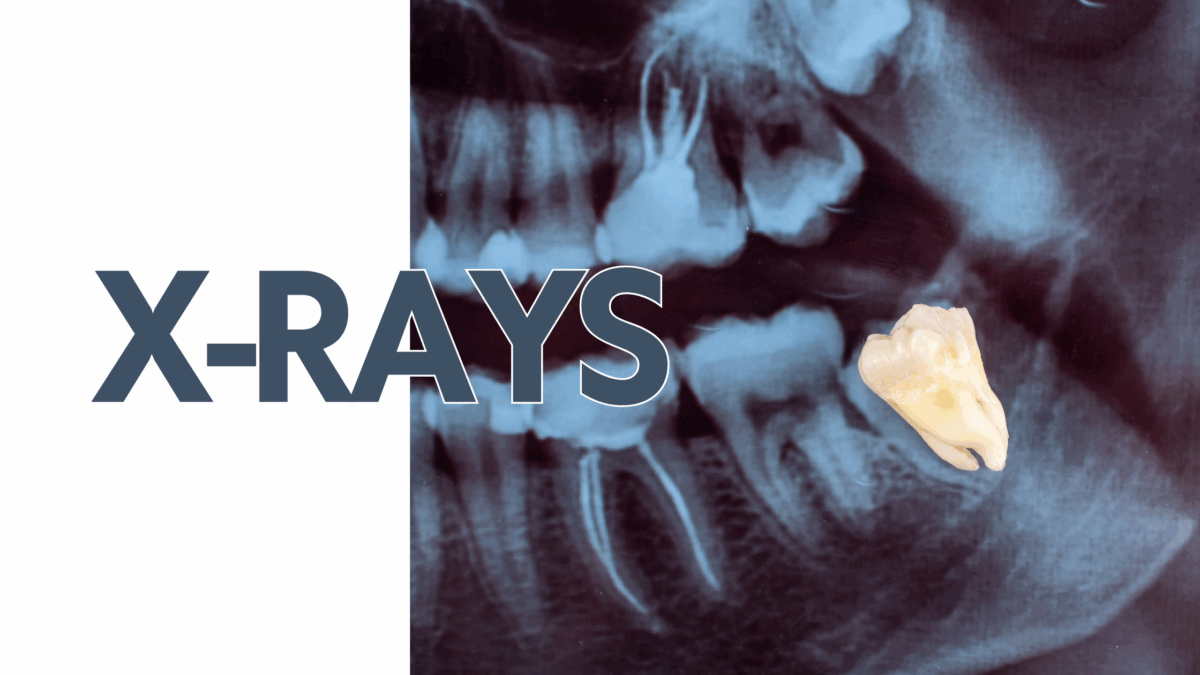Laura Hoover
Tooth decay, also known as dental caries or cavities, is one of the most common oral health issues worldwide. It can affect anyone, from young children to older adults, and its consequences range from mild discomfort to severe dental pain and tooth loss. Understanding how tooth decay begins and progresses—and, most importantly, how to prevent it—can help you maintain a healthy smile for years to come.
In this article, we’ll explore the causes, symptoms, and stages of tooth decay, dispel common myths, and provide practical tips for prevention.
What Is Tooth Decay?
Tooth decay is the destruction of tooth enamel, the hard, protective outer layer of your teeth. It occurs when plaque, a sticky film of bacteria, accumulates on the surface of your teeth. These bacteria feed on sugars and starches in the foods you eat, producing acids that erode enamel over time.
Stages of Tooth Decay
Tooth decay develops in several stages:
- Demineralization: Acids strip minerals like calcium and phosphate from the enamel, causing white spots to appear.
- Enamel Decay: The enamel begins to break down, forming small holes or cavities.
- Dentin Decay: Once the decay penetrates the enamel, it reaches the softer dentin layer, causing sensitivity.
- Pulp Involvement: If left untreated, the decay progresses to the tooth’s pulp, which contains nerves and blood vessels, leading to infection and pain.
- Abscess Formation: In severe cases, an abscess (a pocket of pus) may develop, requiring urgent dental treatment.
How Does Tooth Decay Start?
Tooth decay doesn’t happen overnight. It’s the result of several contributing factors working together over time.
1. Role of Bacteria and Plaque
Plaque forms when bacteria in your mouth combine with food particles and saliva. Without proper cleaning, this sticky substance hardens into tartar, which can only be removed by a dentist. The bacteria in plaque produce acids that gradually erode tooth enamel, leading to decay.
2. Dietary Factors
Certain foods and drinks contribute significantly to tooth decay:
- Sugary snacks: Candy, cookies, and sugary cereals feed harmful bacteria.
- Starchy foods: Chips and bread break down into sugars, promoting decay.
- Acidic beverages: Soda, energy drinks, and citrus juices weaken enamel.
- Frequent snacking and sipping sugary drinks increase the risk, as they expose teeth to acids repeatedly throughout the day.
3. Poor Oral Hygiene Habits
Neglecting proper oral hygiene allows plaque to build up. Inadequate brushing, skipping flossing, and avoiding regular dental check-ups all contribute to tooth decay.
Signs and Symptoms of Tooth Decay
Recognizing the symptoms of tooth decay early can help prevent it from worsening.
Early Symptoms
- White or chalky spots on teeth.
- Sensitivity to hot, cold, or sweet foods and beverages.
Advanced Symptoms
- Brown, black, or dark spots on teeth.
- Persistent tooth pain or discomfort.
- Visible holes or pits in teeth.
- Pain while chewing or biting.
If you experience any of these symptoms, it’s important to see a dentist promptly.
How to Prevent Tooth Decay
Prevention is key to maintaining strong, healthy teeth. Follow these tips to minimize your risk of developing cavities.
1. Maintain Good Oral Hygiene
Proper oral hygiene practices are the foundation of dental health:
- Brush your teeth twice a day using fluoride toothpaste.
- Use a soft-bristled toothbrush and replace it every three months.
- Floss daily to remove food particles between teeth.
- Consider adding a fluoride or antimicrobial mouthwash to your routine.
2. Make Healthy Diet Choices
Your diet plays a significant role in oral health. To prevent tooth decay:
- Limit sugary and starchy foods.
- Avoid frequent snacking, especially on sticky foods like dried fruit.
- Drink water throughout the day to rinse away food particles and bacteria.
- Incorporate tooth-friendly foods like:
- Dairy products (milk, cheese, yogurt).
- Crunchy fruits and vegetables (apples, carrots, celery).
- Foods rich in calcium and phosphorus (nuts, lean meats, fish).
3. Visit Your Dentist Regularly
Regular dental visits are essential for detecting and treating tooth decay early:
- Schedule professional cleanings every six months.
- Ask about fluoride treatments to strengthen enamel.
- Consider dental sealants for additional protection, especially for children.
4. Adopt Healthy Lifestyle Habits
Certain habits can help protect your teeth:
- Avoid smoking and tobacco products, which can worsen tooth decay.
- Chew sugar-free gum to stimulate saliva production, which helps neutralize acids.
- Stay hydrated, as dry mouth increases your risk of cavities.
What to Do if You Suspect Tooth Decay
If you think you have a cavity or other signs of tooth decay, take action immediately.
1. Schedule a Dental Appointment
Early intervention is crucial. Your dentist will examine your teeth, take X-rays if needed, and recommend appropriate treatment, such as:
- Fillings: For small to medium cavities.
- Crowns: For extensive decay.
- Root Canals: If the pulp is infected.
2. Manage Pain Before Treatment
If you’re experiencing pain, try these remedies:
- Use over-the-counter pain relievers like ibuprofen.
- Rinse your mouth with warm saltwater.
- Avoid very hot, cold, or sugary foods that may aggravate discomfort.
Common Myths About Tooth Decay
Tooth decay is surrounded by misconceptions. Here are two common myths debunked:
Myth 1: Only Sugar Causes Tooth Decay
While sugar is a major contributor, other factors also play a role. Starches, acidic foods, and poor oral hygiene can lead to decay even if you don’t consume much sugar.
Myth 2: Tooth Decay Only Affects Children
Tooth decay is a lifelong risk. Adults and seniors are equally vulnerable, especially if they have receding gums, dry mouth, or dental restorations like crowns and bridges.
Conclusion
Tooth decay is a preventable condition that can lead to serious oral health problems if ignored. By understanding how it starts, recognizing its symptoms, and adopting healthy habits, you can protect your teeth and maintain a bright, healthy smile.
Regular dental check-ups, good oral hygiene, and a balanced diet are your best defenses against cavities. Don’t wait for discomfort or visible damage to take action—start prioritizing your oral health today.
If you have questions or concerns about tooth decay, reach out to your dentist for personalized advice and care. A little prevention goes a long way toward preserving your smile!


